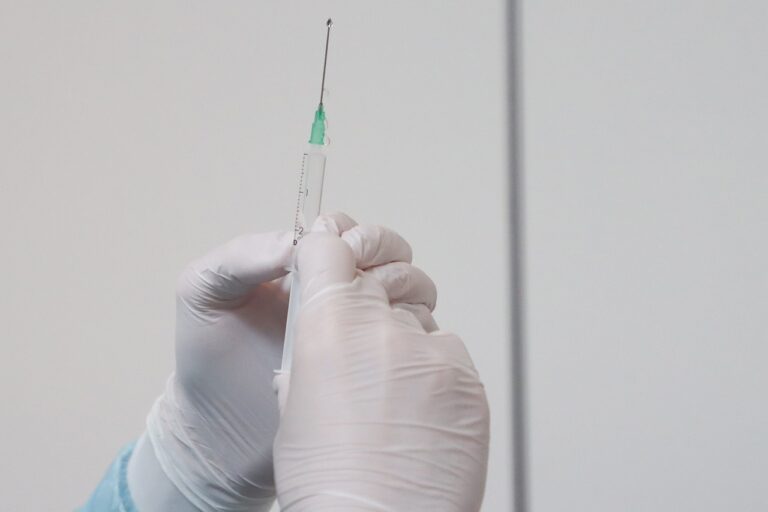The Role of Public Health Campaigns in Disease Prevention
Public health campaigns have a rich history that dates back centuries. One of the earliest recorded instances of a public health campaign was during the 14th century in Venice, Italy, when officials implemented measures to prevent the spread of the bubonic plague. Quarantine measures, isolation of the sick, and public health education efforts were used to combat the disease and protect the population.
In the 19th century, the field of public health saw significant advancements with the rise of the germ theory of disease. Pioneers like John Snow, who mapped the cholera outbreak in London in 1854, and Louis Pasteur, who developed the first vaccines, revolutionized public health campaigns. These early efforts laid the foundation for modern public health practices and emphasized the importance of prevention, sanitation, and education in promoting overall well-being and disease prevention.
• Public health campaigns have a rich history dating back centuries
• One of the earliest recorded instances was in Venice, Italy during the 14th century to prevent the spread of the bubonic plague
• Measures included quarantine, isolation of the sick, and public health education efforts
• In the 19th century, significant advancements were made with the rise of germ theory of disease
• Pioneers like John Snow and Louis Pasteur revolutionized public health campaigns
• Early efforts emphasized prevention, sanitation, and education for overall well-being and disease prevention.
The Importance of Public Health Education
Public health education plays a crucial role in promoting overall well-being within communities. By providing individuals with essential knowledge about disease prevention, healthy lifestyle choices, and access to healthcare resources, public health education empowers people to make informed decisions about their health. Through educational initiatives, individuals can better understand the importance of vaccinations, proper hygiene practices, and regular medical check-ups, leading to a significant reduction in the spread of infectious diseases and improved health outcomes.
Furthermore, public health education fosters a sense of collective responsibility towards the well-being of society as a whole. By raising awareness about health disparities and promoting inclusive healthcare practices, education encourages individuals to consider the broader impact of their actions on the community. This shared understanding can lead to increased support for public health policies, greater engagement in preventative healthcare measures, and ultimately, the creation of a healthier and more equitable society for all.
The Impact of Public Health Campaigns on Behavior Change
Public health campaigns play a crucial role in influencing behavior change among individuals and communities. By raising awareness about health issues and promoting positive health practices, these campaigns have the power to shape and improve behavior in significant ways. Through strategic messaging and targeted interventions, public health campaigns aim to educate, motivate, and empower people to make healthier choices in their daily lives.
One of the key ways in which public health campaigns impact behavior change is by dispelling myths and misinformation surrounding health topics. By providing factual information and addressing common misconceptions, these campaigns help to instill accurate knowledge and promote informed decision-making. Additionally, by highlighting the benefits of adopting healthy behaviors and showcasing real-life success stories, public health campaigns inspire individuals to take positive steps towards improving their health and well-being.
What is the history of public health campaigns?
Public health campaigns have been around for centuries, with early efforts focusing on issues such as sanitation and disease control.
Why is public health education important?
Public health education is important because it helps raise awareness about health issues and promotes behavior change to improve overall well-being.
How do public health campaigns impact behavior change?
Public health campaigns can impact behavior change by providing information, promoting healthy choices, and influencing attitudes towards health practices.
What are some examples of successful public health campaigns?
Examples of successful public health campaigns include anti-smoking campaigns, vaccination drives, and campaigns promoting healthy eating and physical activity.
How can individuals support public health campaigns?
Individuals can support public health campaigns by participating in outreach programs, spreading awareness, and adopting healthy behaviors in their own lives.







